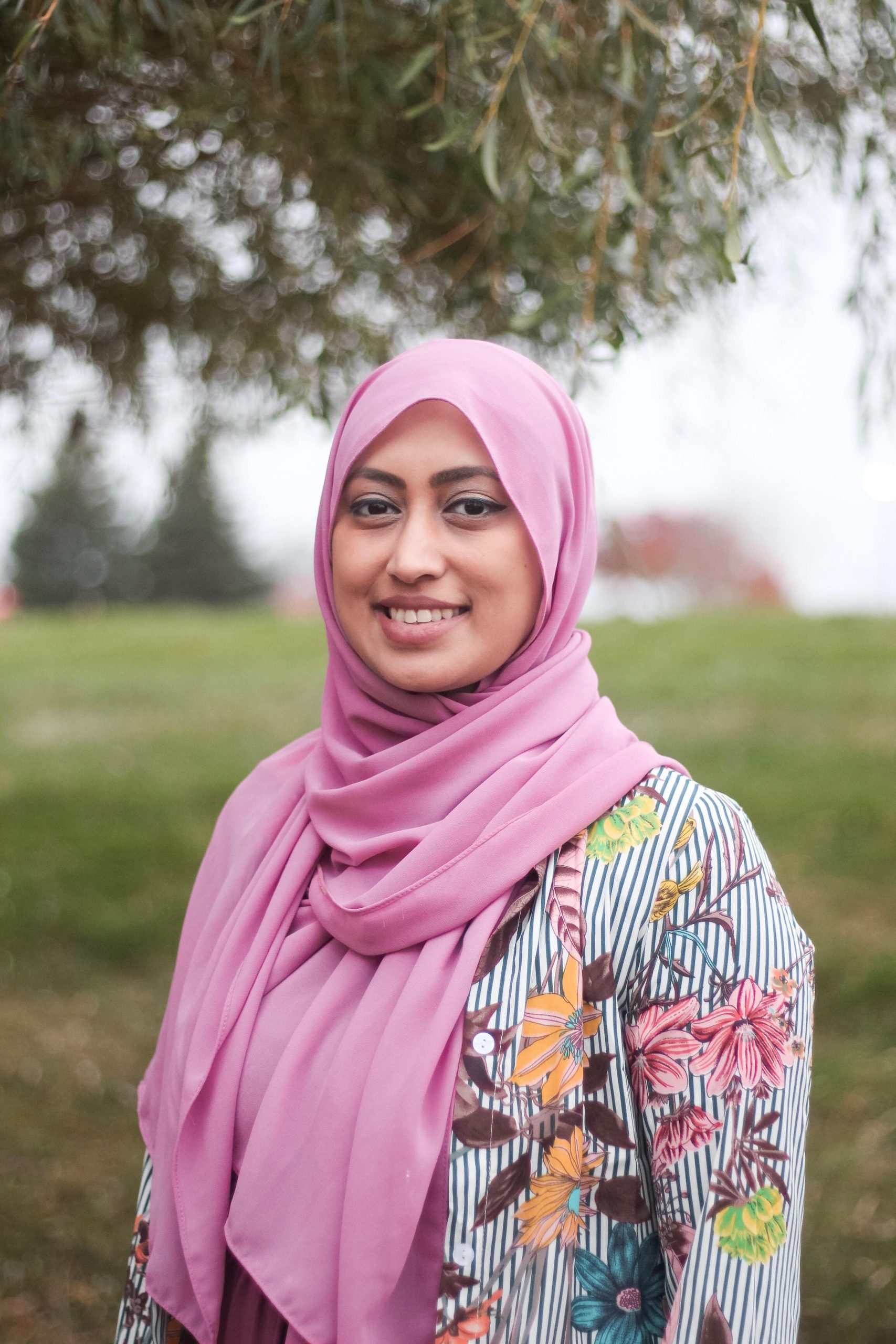Detroit Evening Report: Census Bureau publishes data on new ‘MENA’ category
Nargis Rahman October 2, 2023Listen to the latest episode of the “Detroit Evening Report” podcast at wdet.org or wherever you get your podcasts.

The U.S. Census Bureau recently published the Detailed Demographic and Housing Characteristics File A (Detailed DHC-A), which included information about people from the Middle East or North Africa (MENA) for the very first time.
“It is the first time ever that the Census Bureau has been able to release the data on our communities, both those who come from the MENA region and more specifically Arab Americans who are the largest segment of the MENA population in the United States,” says Maya Berry, executive director of the Arab American Institute, a Census data center based in Washington D.C.
Lebanese, Iranian and Egyptian populations represented nearly half of the 3.5 million who reported MENA descent in the 2020 Census, with 2.5 million people identifying as Arab American. The data also shows that metro Detroit still has the largest concentration of Arab Americans.
Subscribe to the Detroit Evening Report on Apple Podcasts, Spotify, NPR.org or wherever you get your podcasts.
Berry said the numbers are an undercount due to the Census Bureau using the existing 1997 Race and Ethnicity standards, but says they provide a start to a larger, necessary dialogue about data equity.
“There was no MENA category, which means folks had to actively write in their ethnicity or national origin in order to have this data extracted from their information,” she said.
The Census Bureau’s classification for the MENA population was based on ongoing research and outreach efforts with community experts, stakeholders, and researchers, the Bureau reported. Efforts by community organizations and the Census 2020 Yalla, Count Me In! campaign pushed for the change as well, and it was no small task, Berry said.
“This data will finally get us to a place where we can have that information about our community to be able to provide better community services to be able to better represent them and to be able to improve their health outcomes,” she said.
Listen: Full interview with Arab American Institute Executive Director Maya Berry on MENA Census data
Next year the Office of Management and Budget is set to vote on whether a MENA category will officially be added to federal forms and the Census., which would allow access to federal funds for schools, language access, and health research of Arab Americans, Berry says. Previously the Census required people from the MENA region to identify as “white.”
Other headlines for Oct. 2, 2023:
- Disability activists audited 261 polling sites in metro Detroit and found most lacked accommodations for voters with disabilities.The audits checked parking and access to polling sites, as well as the availability of accessible voting booths and machines.
- The Detroit Historical Society and the Charles H. Wright Museum of African American History are seeking a millage to help fund their institutions. Legislation that could allow the question to be put before voters was introduced in the House a couple of weeks ago.
- The 20th annual Images and Perceptions Diversity Conference is being held from 8:30 a.m. to 4:30 p.m. Oct. 18 at the Ford Community & Performing Arts Center in Dearborn.
Trusted, accurate, up-to-date.
WDET strives to make our journalism accessible to everyone. As a public media institution, we maintain our journalistic integrity through independent support from readers like you. If you value WDET as your source of news, music and conversation, please make a gift today.
Author
-
 Nargis Hakim Rahman is the Civic Reporter at 101.9 WDET. Rahman graduated from Wayne State University, where she was a part of the Journalism Institute of Media Diversity.
Nargis Hakim Rahman is the Civic Reporter at 101.9 WDET. Rahman graduated from Wayne State University, where she was a part of the Journalism Institute of Media Diversity.

